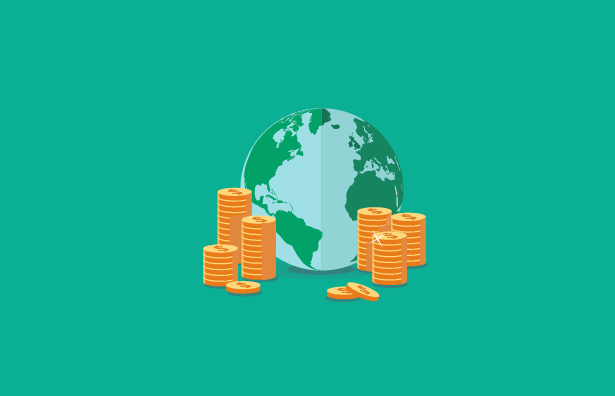
How Capitalist Economies and Neoliberal Ideologies Intersect to Influence the Spread and Management of Infectious Diseases
How Capitalist Economies and Neoliberal Ideologies Intersect to Influence the Spread and Management of Infectious Diseases
Diseases outbreaks, such as the Covid-19 pandemic that was first reported in Wuhan China before spreading rapidly across the world, serve to expose the weaknesses of capitalism, globalization, and neoliberalism. Capitalist economies, such as those of developed nations like the UK and the U.S., emphasize the promotion of free markets and privatization of the means of production to maximize profits. Capitalism is augmented by neoliberalism, which is also anchored on privatization, the promotion of the free market, economic deregulation, and small government. The fundamental tenets of capitalism and neoliberalism have been operationalized to promote market fundamentalism at both global and national levels by international institutions such as the World Bank and the International Monetary Fund (IMF) through structural adjustment programs (Pfeiffer & Chapman, 2010). Capitalistic economies, can, therefore, be thought of as precarious systems and ethnographic practices of social production that set up different worldviews of life (Collier & Lakoff, 2015). Neoliberal ideologies on the other hand have hypothesized most government interventions in terms of social, cultural, ethnographic and economic activities in ways that favor a few at the expense of everybody (Schweitzer, 2017). For instance, both capitalistic economies and neoliberal ideologies have a profit-earning motivation that makes people use resources and cultural practices in ways that contribute to detriment of their well-being and destroys the natural healthy balance and intended management mechanisms (Pfeiffer and Chapman 2010). Political leadership plays a crucial role in capitalistic economies thus affecting the spread of infectious diseases extensively; for instance, political leadership determines how healthcare resources, products, and services are distributed and allocated in the society through capitalistic means that determine how they are managed based on ethnographic settings (Hofman and Au, 2017).
Coined in 1980, structural adjustment programs (SAPs) refer to negotiated agreements between national governments and International Financial Institutions to enable them to access loans and different forms of financial assistance needed to enable them to control inflation and stimulate economic growth. While the World Bank and other proponents of these programs argue that they have produced a significant socio-economic impact in Third World Countries, including acceleration of economic growth, the programs have actually contributed to increased social inequality and poor public health outcomes in developing countries, such as West Africa, as documented by various social epidemiologists (Buse & Walt 1997; Turshen’s 1999; Kawachi & Wamala 2007; and McCoy et al., 2008). Contrary to what many would expect, SAPs’ primary aim is to promote market efficiency and thus contributes to cuts to public health care services, privatization of public sector industries, price increases for food and other basic commodities, unemployment, and cuts to education, social amenities, and other public sector services, thereby harming public health. The negative impact of SAPs on public health outcomes, particularly in under-resourced areas, is augmented by the fact that the World Health Organization and other international health agencies generally do recommend compensating community health workers, making it difficult for the workers to provide timely home-based care for complex infectious diseases such as AIDS and tuberculosis.
The outbreak of Severe Acute Respiratory Syndrome (SARS) in Guangdong province in China in 2003 followed by the recent outbreak of the novel coronavirus (Covid-19) in Wuhan China in 2019 and the way these diseases spread rapidly to the rest of the world perfectly exemplifies how the global economic systems prioritize individualism and profits over public health. As reasoned by Nelson (2020), the emergence of both the SARS and the Covid-19 pandemic is attributable to insatiable anthropogenic activities in an endless pursuit of economic objectives. These activities produce uncontrollable greenhouse gas emissions and other atmospheric pollutants that result in the onset of severe respiratory diseases, like Covid-19, and other environmental illnesses. Indeed, the outbreak of two devastating air pollution-related pandemics in China within two decades shows how the country’s political system and capitalist economy put profit and attainment of economic objectives above everything else, including the health of its citizens and the global population. The hesitance of some countries, including China itself, where the virus was first reported, and other countries in Asia and Africa to ban international passenger flights, perhaps for fear of retaliation or loss of revenue from travel activities, further evidences how capitalist economies and political systems, especially those of developing nations are more than willing to trade the health of their people for profits and market efficiency.